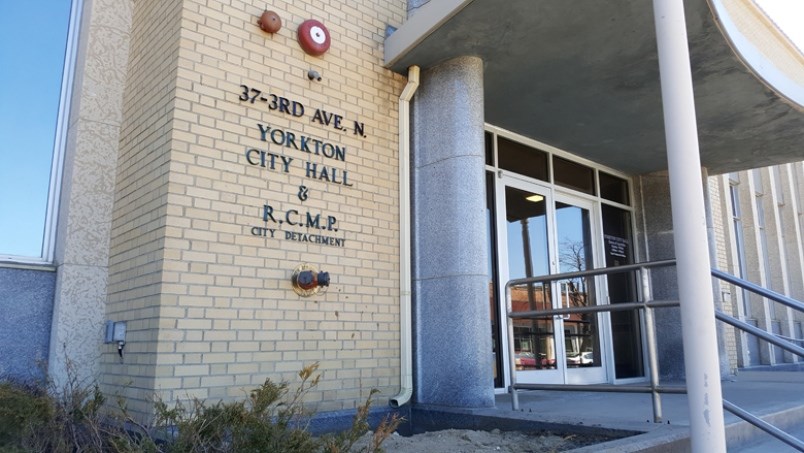YORKTON - When it comes to its 2023 operations the City of Yorkton ended in an unprecedented surplus situation.
The year’s departmental actual versus budget is much like any other year on a department by department basis, with one major exception: interest rates, said Ashley Stradeski - Director of Finance with the city at the regular meeting of Yorkton Council.
“The Bank of Canada interest rate has increased a full tenfold over the last two years, from 0.5 per cent to 5.0 per cent where it currently sits. This has had a tremendous impact on the interest rates we were able to get on both our cash on hand as well as our longer term deposits,” he noted in a report circulated Monday.
“The result of this is that the City of Yorkton had a surplus to budget of $1,978,039, which is the highest by far in recent history.”
As a result the City’s operating surplus is $1,900,918.
Interest and penalties had the largest surplus to budget of nearly $1,460,000; this was caused mainly by interest earnings on the City's short term deposits, with interest rising sharply over the past two years, explained Stradeski.
At Monday’s meeting Council agreed to putting $1,704,918 into the rainy day fund pending the final financial numbers expected in August.
The remainder of the surplus would go to reserves; airport $46,000, Planning and Building Services $20,000, and Public Works $130,000.
In addition, Environmental Services which operates as a self-sufficient entity within the city also saw significant profits allocated to reserves.
At the landfill revenues exceeded budget by about $492,000, which was due in part to additional usage coming from commercial compost and contaminated soil and concrete, said Stradeski.
“Overall costs were up due to this volume, but it resulted in a net $1,050,000 of profit going to reserves, which is about $400,000 higher than budgeted,” he noted.
The garbage and recycling side of operations there was a net surplus going to reserve of $240,000.
It was more of the same for water and sewer with revenues higher than budget by nearly $1,083,000.
“This increase is in large part due to higher than anticipated water use from residential customers, as well as due to the practice of enforcing sewer surcharges to industrial users who exceed the bylaw parameters for sewer discharge volumes, both of which accounted for half the increase,” detailed the report.
Water and sewer put their net “profit” to reserves at the end of the year resulting in $1.5 million going towards reserves to save for the upcoming Wastewater Treatment Plant and about $1,250,000 to water reserve to help fund upcoming capital projects including various water well improvements and water tower repairs, and work on the distribution system, stated Stradeski’s report.






